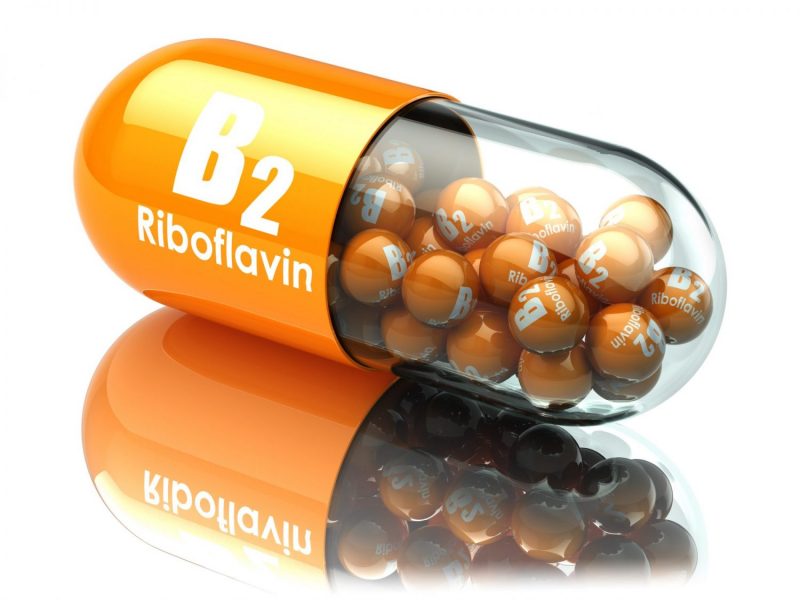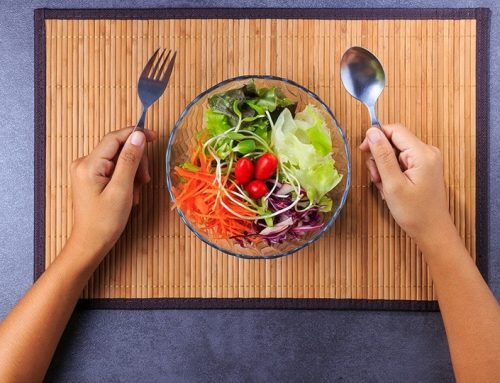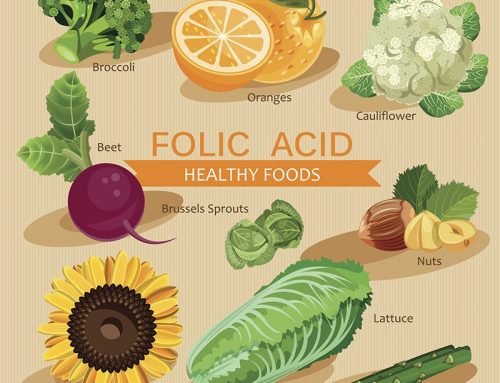Unlike superstar vitamins like vitamin D– which consistently garners attention in the nutrition press—you don’t hear much about vitamin B2. That’s because it’s best known as a supporting player. But don’t make the mistake of underestimating its importance. Vitamin B2 goes about its business quietly, helping with things like metabolizing food, helping to convert vitamin B6 to its active form, helping to create hemoglobin in the blood, and acting as an antioxidant. It’s also needed to make one of the body’s most important endogenous antioxidants—glutathione.
And while riboflavin deficiency on its own is rather rare in the developed world, sub-optimal levels can affect pathways in the metabolism of vitamin B6, nicacin, iron and folate, and deficiency has been linked to preeclampsia in pregnant women. Cracks at the corner of the mouth can sometimes be caused by vitamin B2 deficiency as well.
As is true of many vitamins, not having a deficiency disease doesn’t guarantee you’re getting optimal levels. As recently as 2004, a British survey found a high proportion of adults 19-64 years of age had poor riboflavin status.(2).
Interesting fun fact: Many people who start taking vitamins—particularly B-complex—often notice that their urine seems bright yellow. That’s riboflavin, which produces yellow fluorescent substances. And it’s perfectly harmless.














Leave A Comment